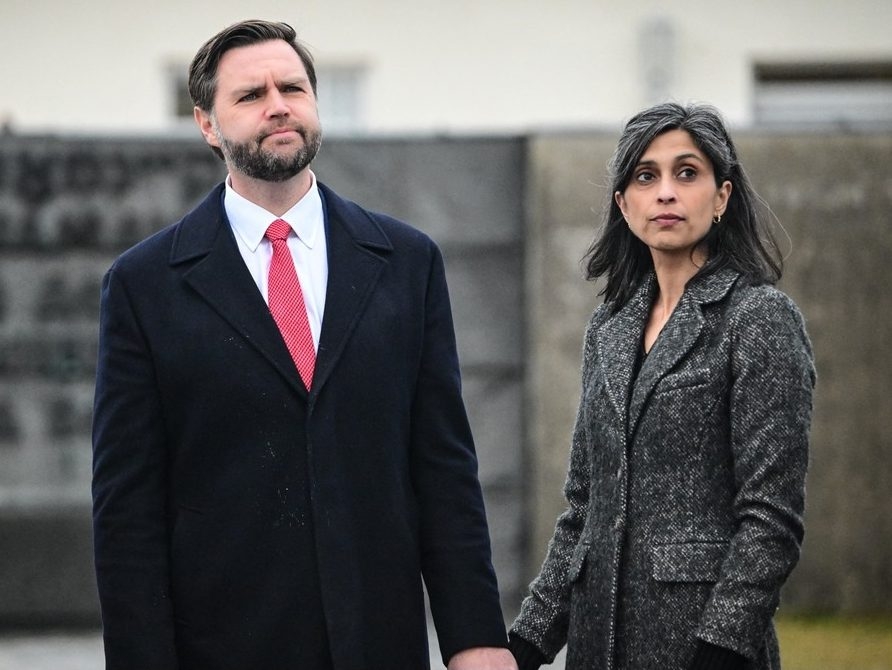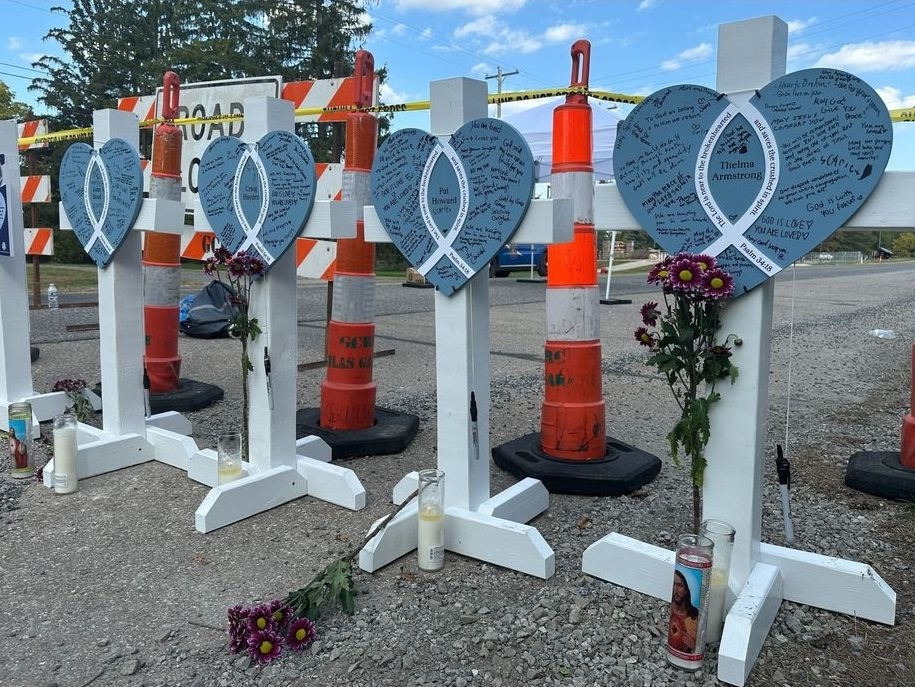The question began innocently enough – a query about his interfaith marriage. But the response from the Vice President ignited a firestorm, revealing a deeply personal struggle and a complex faith journey.
He openly shared that his wife, Usha Vance, was raised in a Hindu household, though not a particularly devout one. Both he and Usha were, by their own admission, agnostic or atheist when they first met. Their shared path eventually led them to Christianity, a faith they now embrace in raising their children.
The Vice President confessed a hope, a quiet yearning, that Usha might one day share his profound connection to the Christian faith. He attends church with her most Sundays, believing in the power of the Gospel and wishing she might experience its transformative effect. Yet, he firmly believes in free will, accepting her path even if it diverges from his own.

His comments sparked immediate backlash, accusations of throwing his wife’s religion “under the bus” to appeal to a specific political base. He vehemently defended himself, asserting that his faith compels him to share what he believes is a truth beneficial to all.
He sees no contradiction in holding strong beliefs and wanting to share them. To suggest otherwise, he argues, is to reveal a hidden agenda. His own conversion to Catholicism has been a long and public process, one he’s often explored through a theological lens.
Indeed, observers note he’s offered more in-depth theological interpretations than perhaps any recent White House official. He doesn’t shy away from applying his faith to policy, attempting to justify decisions through a religious framework.
A recent pilgrimage to Israel offered a poignant example. He and Usha attended a private Mass at the Church of the Holy Sepulchre, a site of immense spiritual significance for Christians. This journey underscored the central role faith plays in his life.
His application of faith to policy isn’t without controversy. He once justified stricter immigration enforcement by framing it within a Christian call to prioritize family and community, a perspective sharply criticized by some.
He’s argued that religious liberty itself is rooted in Christian principles, a viewpoint embraced by many conservatives. However, this interpretation drew a direct rebuke from Pope Francis, who urged a broader, more inclusive understanding of Christian love.
The Pope’s letter challenged the notion of a limited circle of compassion, imploring American bishops to recognize the humanity of migrants as the very face of Jesus. This led to a private meeting between the Vice President and the Pope shortly before his passing.
The Vice President now maintains a nuanced view on immigration, acknowledging the need for border enforcement while simultaneously emphasizing the inherent dignity of those seeking a better life. He strives to balance national sovereignty with a compassionate recognition of human suffering, guided by his understanding of church teachings.
Ultimately, his story is one of personal conviction, public scrutiny, and the ongoing negotiation between faith, policy, and the complexities of a modern, interfaith world.





